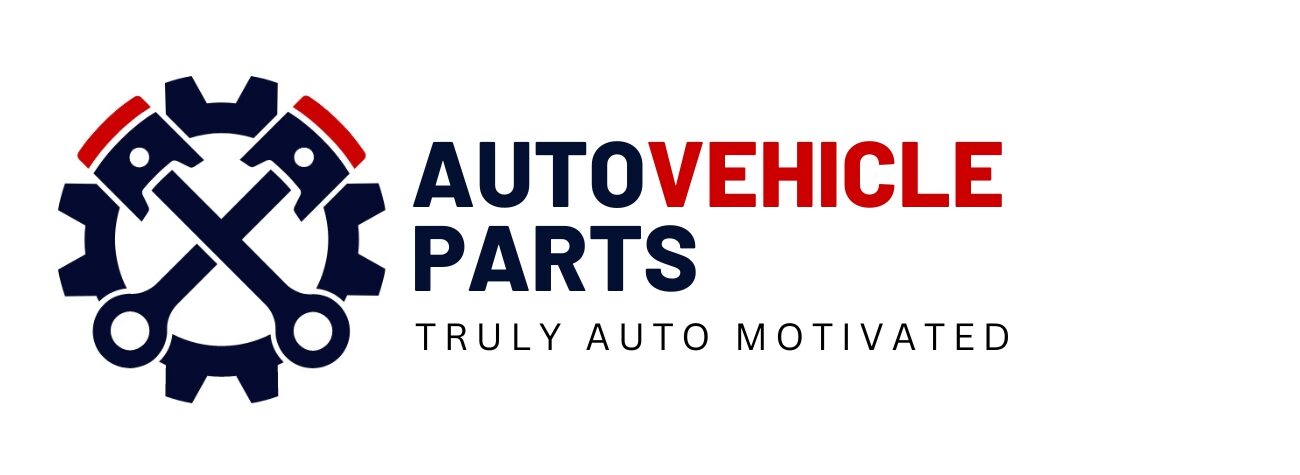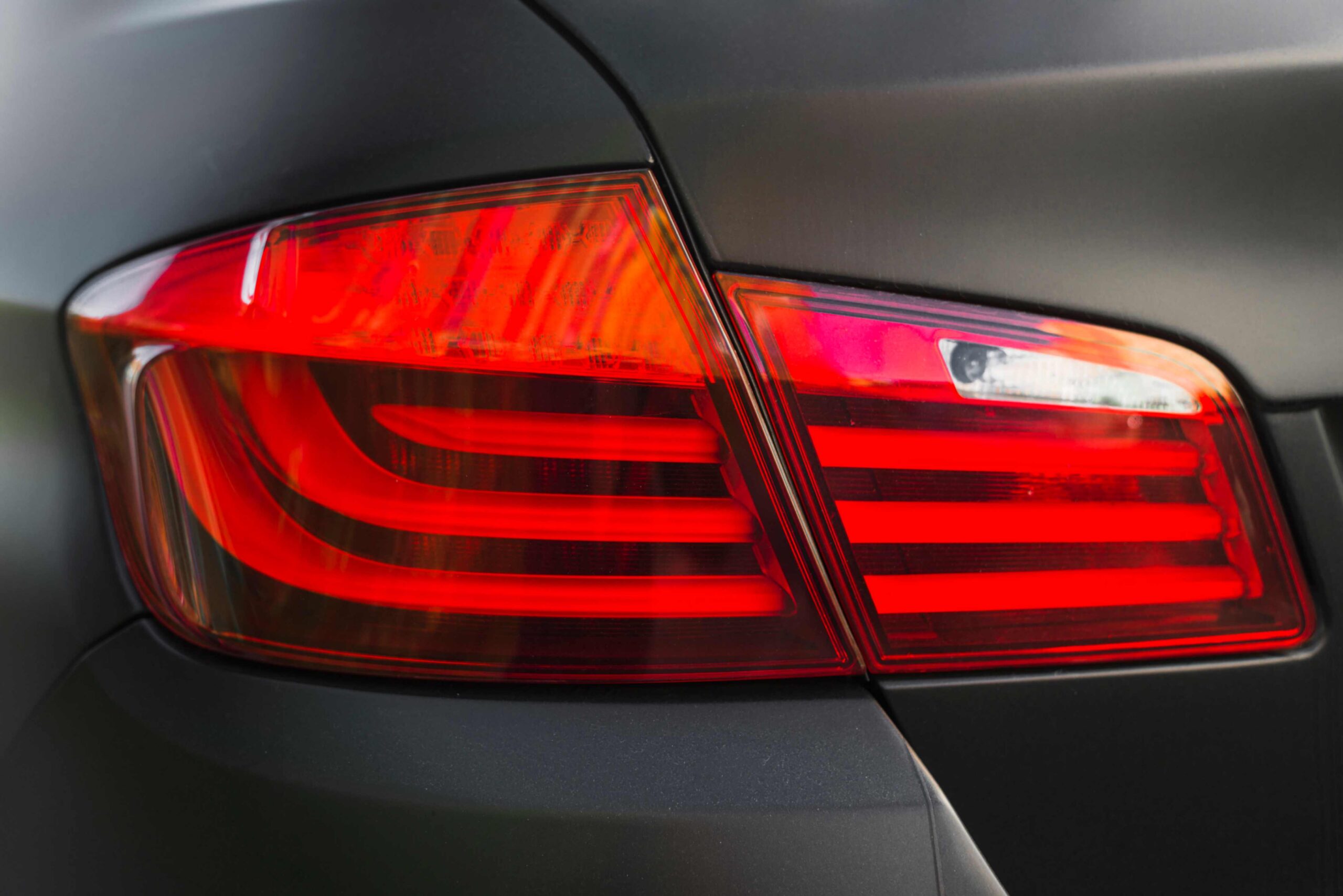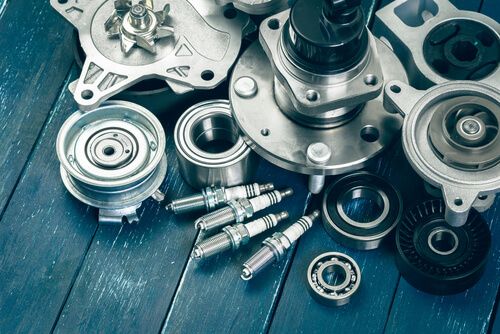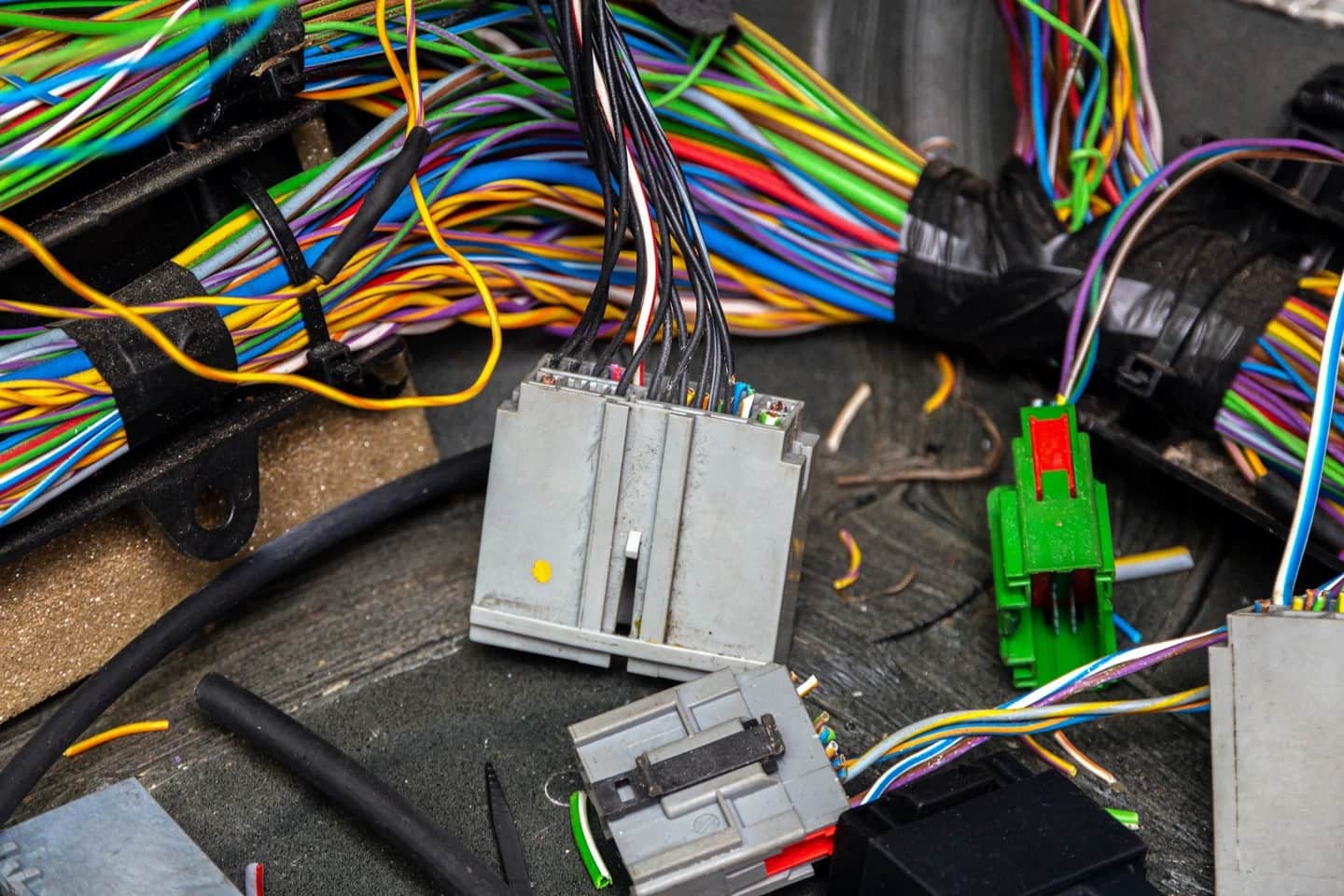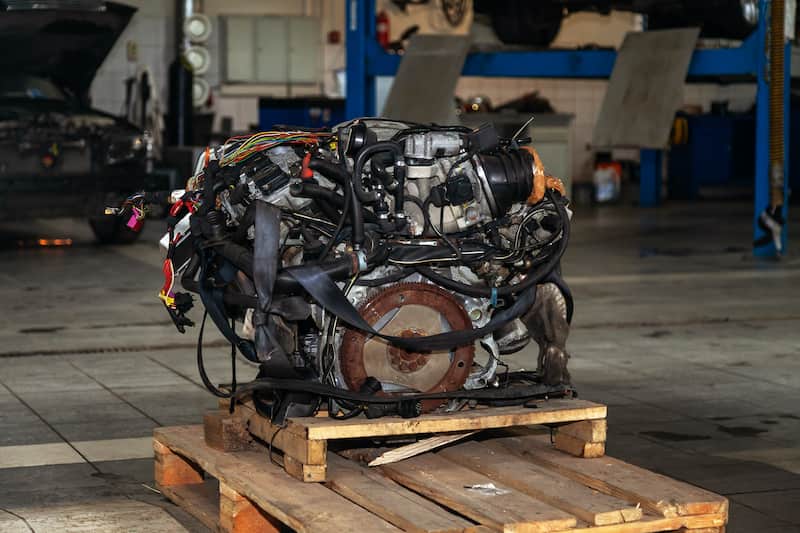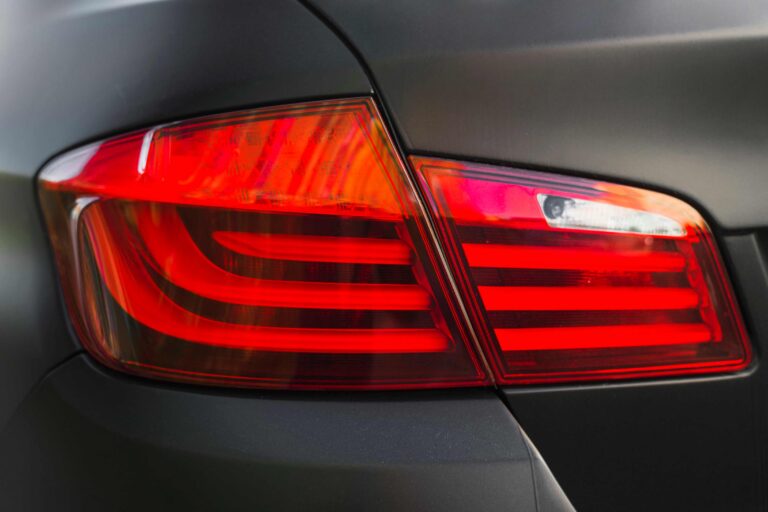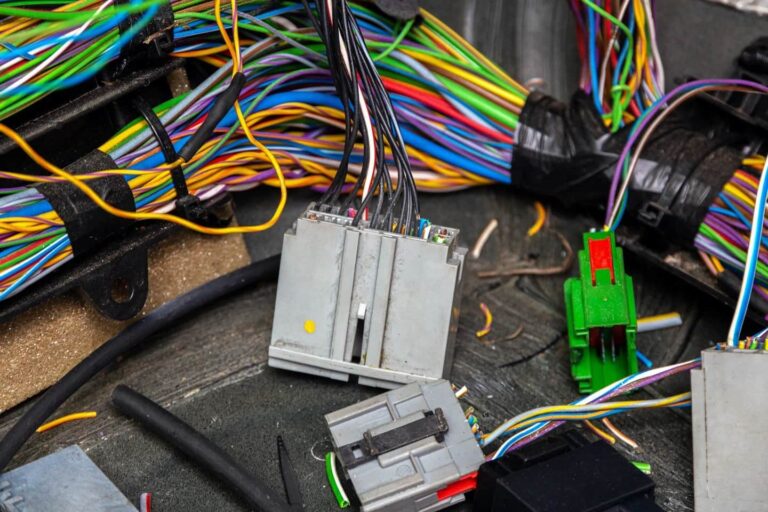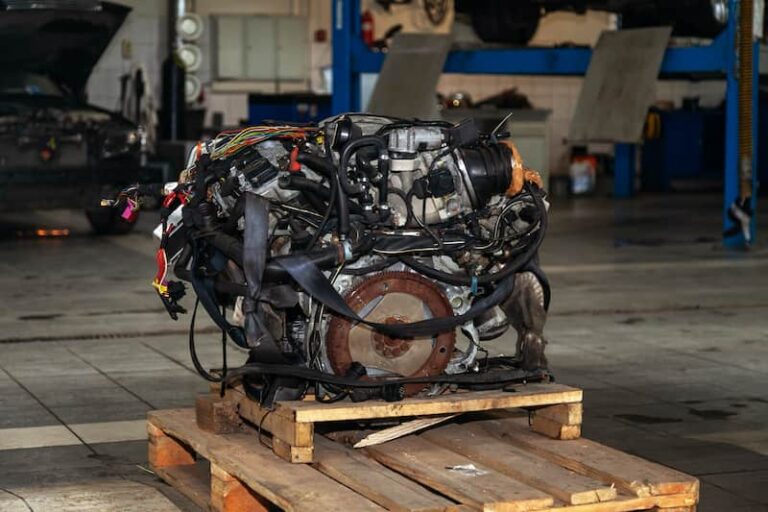So, you’re trying to figure out if you can sell a car without a title? Yes, you can sell a car without ” A Title ” in the near term. This may raise a red signal for some people, but don’t be concerned; there may be a rational explanation. Things can go wrong; the Title could be misplaced, destroyed, or stolen.
For example, your vehicle may have been abandoned in the fields by your late grandfather, and the title has been misplaced among the other papers, and you are unable to locate it; or a lender may have a lien on your vehicle; or you may have never titled the vehicle since you purchased it. Anything can happen at any time.
Although it is unlawful in some areas to buy and sell vehicles without proof of ownership, there are ways to sell a car without a title. Which path you take will be determined by your circumstances as well as the state in which you intend to close the sale. After all, possessing a title is important proof of how the vehicle was obtained, because cars can be stolen or obtained in unethical methods. Even in nations where this method is legal, the car cannot be registered or insured if it is untitled.
We went above and above to research this issue and come up with some ideas that may be the answer to your headache. In this post, we’ll look at three different ways to sell an automobile without a title. But, before we get into the specifics, let’s have a look at the state laws.
Table of Contents
ToggleWhy State regulation matters?
If you choose to finance your purchase, someone else must hold the title. In certain states, the lending institution holds the lien and retains the title, whilst in others, the title passes to the owner. What’s more, why does this matter? A car title is proof of ownership; if you don’t have one, you aren’t the rightful owner of the vehicle. Your name is linked to that specific vehicle through the title.
So, if you want to sell a car without a title in your name, you’re breaking the law because you’re not the rightful owner and lack the permission to do so. If you have paid off all of your loans, the title is now in your ownership, and you must keep it safe because it can easily be lost. Here are some suggestions for keeping it from getting misplaced.
- Anything might happen if you leave your title in your vehicle. Someone could, for example, sneak into your vehicle and steal your documents; the person who steals your document will have all the necessary permits to sign it off to another person.
- Keep your title in a safe, secure location where it will not be destroyed. A safe or a deposit box can protect it from the elements as well as people who want to steal it.
- Create a duplicate of your title. This is simple and can save you time in the future if you misplace your title. Make a copy at your nearest photocopy shop. It will be much easier to replace it in the future with this copy because you will have both the vehicle VIN and the licence number.
In some jurisdictions, not having a title is acceptable, but only if the car is deemed an antique and has been in the family for 25 years or more; nonetheless, even if you don’t have a title, you must have a bill of sale to verify to your local DVM that the vehicle belongs to you or a relative.
Here are some options for selling an automobile without a title.
Replace the title
Your automobile title is an important document; without it, you won’t be able to sell or transfer ownership of your vehicle. This paper serves as verification that you have paid off your car loan. The lender will hold this document at their office until you pay off the debt.
These documents may also be lost or stolen; for example, you may pour your coffee mug on the document, destroying it, or someone may throw it away by mistake. This means that before you sign a contract with the buyer, you’ll need a replacement for this document. So, in order to complete the process correctly, read our directions carefully.
Selling the car with a lien
Your automobile title is an important document; without it, you won’t be able to sell or transfer ownership of your vehicle. This paper serves as verification that you have paid off your car loan. The lender will hold this document at their office until you pay off the debt.
These documents may also be lost or stolen; for example, you may pour your coffee mug on the document, destroying it, or someone may throw it away by mistake. This means that before you sign a contract with the buyer, you’ll need a replacement for this document. So, in order to complete the process correctly, read our directions carefully.
- Sell the car through a car dealer
Selling a car with a lien through a car dealership is one of the easiest and quickest ways to sell a car with a lien, especially if the automobile can be utilized as a trade-in. Car dealers will work with the lien holder indicated on the title to complete this as quickly as possible.
The dealer arranges for the complete payment of the loan balance using the money from the trade-in car or by adding the payoff amount to the loan used to purchase the new vehicle in this straightforward process.
- Execute the sale of vehicle at a lender’s office
This is one of the most efficient methods for selling a car. You just pay off the loan, then have the property lien removed and ownership transferred. After an agreement has been made, this option is also a suitable way for the seller to receive the proceeds from a sale involving a lien that has its name on the certificate of title.
Either the seller or the buyer can pay monies to the lender who owns the car, and the documentation will be completed in one go to ensure a smooth transfer of ownership to the buyer. I
- The buyer pays the Lien
If completing the transaction at the lender’s office is not possible, the buyer may pay the lender directly via wire transfer or cashier’s check. Both options can fulfil the lien, and they can also be utilized to settle the remaining balance due to the seller.
This option may provide the buyer with additional assurance. Mostly because the cash can be sent directly to the lender, avoiding the need to send the money to the seller, who then has to transfer the funds to the lender for the transaction to close.
Also check: Why is my ar engine overheating
You Should use an escrow account
Although an escrow account is most commonly associated with the real estate business, it can also be used for other types of transactions, such as the purchase and sale of vehicles. These services entail the use of a third party to store the funds until the transaction is completed. In every situation, these types of services are impartial.
An escrow account will provide additional protection to both parties because a third party will be able to verify the buyer’s finances, validate the lien holder’s removal, and complete the ownership transfer in order to complete the deal.
However, be mindful that some escrow services are fraudulent, especially if one of the parties is adamant about employing one. Once engaged, the fundraises can verify that they received the monies, ensuring the seller in the process that it is safe to release the vehicle.
A phony escrow business may persuade a buyer that a lien is clear before transferring the title to accept payment. As a result, you should always check to see if you’re dealing with a reliable company.
Selling a title exempt vehicle
If you live in a state where a title-exempt bill of sale is available, it may be able to assist you in resolving the problem of how to sell a car without a title. Some states have standardized bill of sale forms and do not provide titles to older vehicles. When registering a vehicle, the buyer must fill out this paperwork.
If you live in Vermont, for example, the state will need the buyer and seller of a title exempt vehicle to complete a specific bill of sale. Before you try to sell your automobile, do some research to see if your state has this form; if they don’t, the first step is to design your own bill of sale.
The second step is to notarize your bill of sale. While you can register a car with just a bill of sale, some states go a step further and require it to be notarized. This adds an extra degree of security and authenticity, as well as making the registration process move more smoothly. You and the buyer must go to a public notary to get the bill of sale notarized. Once you have visited a notary and signed a bill of the state, you can proceed to the next stage.
The final step entails filling out your state title exemption form and paying the associated fees. These methods may differ from one state to the next. In some states, the buyer or both the buyer and the seller must complete a transfer of ownership form. In some areas, the buyer may be allowed to register the vehicle using a bill of sale without your involvement. Check with your local DMV for specific processes; you may also be required to present inspection certifications from a state-approved inspector.
You must confirm that the buyer lives out of state in order for him to be able to register the vehicle.
